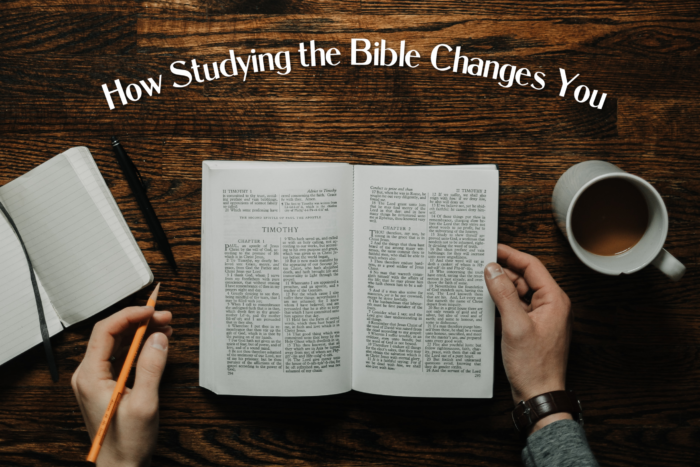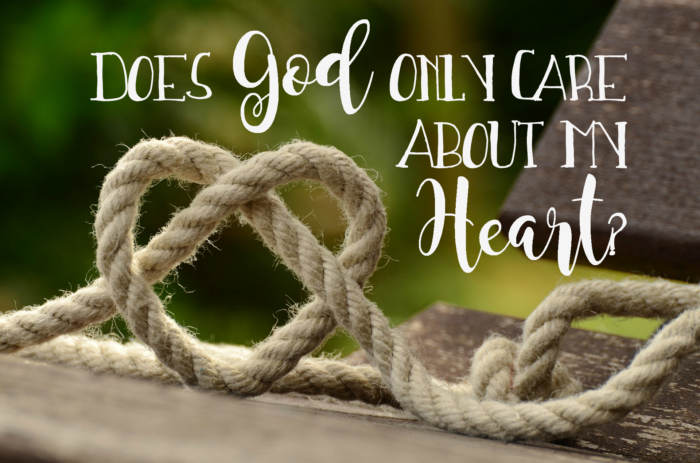The Place of God’s Appointment is the Place of God’s Provision
Have you ever talked to someone who insists that God’s Will is something that goes completely against His Word? Perhaps they are walking away from a loyal and loving spouse because they are infatuated with someone else. Or they are taking an outrageous and irresponsible financial or physical risk, insisting that God has sanctioned this decision. Perhaps it is a mom that is making her career a priority rather than her family or it is the pursuit of a dream at the cost of far too much. Whatever it may be, Christians often expect God’s provision and blessing upon them in these choices they insist are God’s will.
But is this how God works? Does God bless and provide when we are in a place where we were never to be in the first place? I guess occasionally He may–simply because of to His tremendous grace and undeserved mercy– but that should not be our expectation.
In I Kings 17, God told Elijah to go to the brook Cherith, assuring him that He would send the ravens there to feed him. Elijah obeyed the Lord immediately. Verse 5 puts it this simply: So he did what the Lord had told him.
That’s all the information we have so we do not know if this cost Elijah anything. Although, we can imagine it must have been rather strange for him to expect food from a bird, much less one that was considered unclean by His people. That alone would have been a challenge that we can’t really comprehend very well. But Elijah’s provision came because of His obedience. He was fed by the ravens at a specific place. Had he chosen to ignore God or go to a different brook, he would not have had God’s provision or His blessing.
I am currently reading a book by Will Varner called The Chariot of Israel and it is in there that I was reminded of this important truth yesterday. I have been thinking on this ever since and considering the truth of this in my life and the lives of other believers I’ve met.
The author puts it like this–
The place of God’s appointment is the place of His provision. In other words, you’ve got to be in the place God wants you to be if you expect to claim the promise that God will meet your needs. This is the Old Testament counterpart of a New Testament truth that’s stated in Matthew 6:33: “But seek ye first the Kingdom of God, and His righteousness, and all these things shall be added unto you.” If I am seeking first the Kingdom of God, I can be assured that God will meet my needs. The place of God’s appointment is the place of His provision. Are you where God wants you to be? Then you can claim God’s promise that He will meet your need.” *
I think about this on my own life. I can think of one time, in particular, that my husband and I made an extremely difficult choice in order to please the Lord. We knew He wanted us to do a certain thing, although it was sure to cost our family so much. But we went ahead and did what we knew we had to do in order to follow God. And did it cost us? You bet it did. It cost us a LOT. It is one of the most painful times we have been through. BUT… looking back now, we can see God’s incredible grace and mercy carrying us through that time. And there were some amazing blessings that came because we chose to obey the Lord rather than rebel against His will.
So now when we look back at that time, it is with awe in our hearts at God’s faithfulness to us despite the difficulty of the path. We experienced His provision in a wonderful way because we were willing to travel the path He had made clear we were to go.
Of course, sometimes I stick my feet in the ground and just say NO, God, that’s too much. I just don’t want to. An example of that is the music I so loved. I’ve written about that often before. I told God, in no uncertain terms, that I would not give it up. I said this to Him for years and years. But as the battle grew more fierce in my soul, so did the conviction. It finally prompted me to ask God for help as I struggled with my unwillingness to do what I knew God desired me to do. And guess what? When I finally was willing to step out in faith and obey, again came tremendous blessing: God totally removed my taste for the music I had so loved. I still look upon that as a small miracle. I am in awe even yet when I think about it.
And, yet, I still struggle giving up certain things or walking the way I know God wants me to walk sometimes. Even after all of that. Isn’t that just ridiculous? Even as I write this, I can hardly believe my own stupidity sometimes.
The one thing I do know, though, is that the more we are willing to follow hard after God, denying self and turning from the world, the more blessing we receive. So that we don’t really miss what we thought we would miss. It really defies logic. God is so amazing! His grace is amazing and so is His provision! The same God that fed Elijah with the ravens is the same God still at work today in our lives!
Can you look back, as I do, and trace God’s amazing provision and abundant grace in your own life? If you have walked with God for any length of time, I am sure you can. His promises are not just empty words. They are proven true over and over again by those who are God’s own dear children. His provision is a very real thing to those of us that seek to love Him with our whole heart, soul, strength, and mind (Mark 12:30).
And so I want to encourage you this morning to step out in faith and do what God has called you to do. It may be something as simple as sharing the Gospel with a co-worker or reaching out in kindness to an elderly neighbor. It may be giving up an ungodly TV series or leaving a church that is headed a wrong direction. Whatever it may be, know that your choice to follow God will not go unnoticed by Him but will lead to His provision and blessing as you seek to serve Him. He is so kind and so very faithful. He will keep you and He will change you.
Psalm 1 echoes this thought and so I wanted to share a few verses here this morning of this precious Psalm. I hope you will carry these words with you as you seek to follow God and do His will today–
Blessed is the one
who does not walk in step with the wicked
or stand in the way that sinners take
or sit in the company of mockers,
2 but whose delight is in the law of the Lord,
and who meditates on his law day and night.
3 That person is like a tree planted by streams of water,
which yields its fruit in season
and whose leaf does not wither—
whatever they do prospers. (Psalm 1:1-3)
*The Chariot of Israel by Will Varner, p. 23










